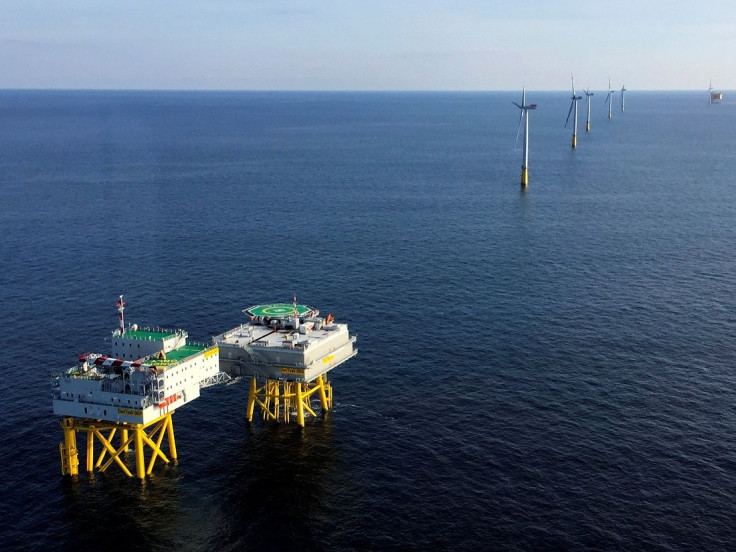Australia, Iran to work together on expanding renewable energy efforts

Australia will be collaborating with Iran to develop renewable energy and construct water desalination projects in the middle eastern country. The announcement, made by Martin Leslie James Hamilton-Smith, the minister for investment and trade in the South Australian House of Assembly, came on the sidelines of a meeting with Alireza Daemi, the Iranian deputy energy minister for planning and economic affairs, in Tehran on Monday.
Australia has experienced a boost in renewable energy in the residential sector, Hamilton-Smith said. As much as 44 percent of the country’s power is derived from renewable energy, with plans to extend the capacity to 60 percent currently underway.
"Exchange of knowhow among academia should improve as it will help in the implementation of effective energy initiatives,” Hamilton-Smith said, referring to a collaboration between Iran's Sharif University of Technology and Melbourne University to carry out studies in water and energy sectors. "Iran is interested in Australian companies' expertise in water desalination," Daemi stated.
Plans have been made to construct 50 desalination units in regions that experience water scarcity along the southern coasts, which will help provide potable water. Australian firms can play a major role in the projects, Hamilton-Smith said. Iran’s water desalination industry requires technology to help fulfil its demand for drinking water supply.
A 55-megawatt wind farm in the town of Takestan in Qazvin Province was inaugurated by Iran’s energy minister on Sunday. "Iranian MAPNA group of companies has invested over 92 million US dollars for the project, and the wind farm will be able to supply 15 percent of Iran's electricity," an Iranian energy ministry official said.
Daemi highlighted certain regions of Australia are under the brunt of scarce water resources, referring to similar climatic conditions of the two countries. Iran has suffered from the same issue for more than a decade. Working together towards efficient management of water resources is part of a bilateral cooperation between the two countries.
Iran and Australia signed a memorandum of understanding calling for efforts concerning water optimisation in September. As many as 5,000 Iranian villages are currently suffering from water deficit. As a result, the government has been prompted to execute plans to meet the shortage.
Climatic conditions have heavily affected rainfall in the country. Precipitation in Iran, which is one of the most water-stressed regions in the world, has been reduced by a third of the global average. At the same time, almost two-thirds of the country faces a high shortage of water.




















